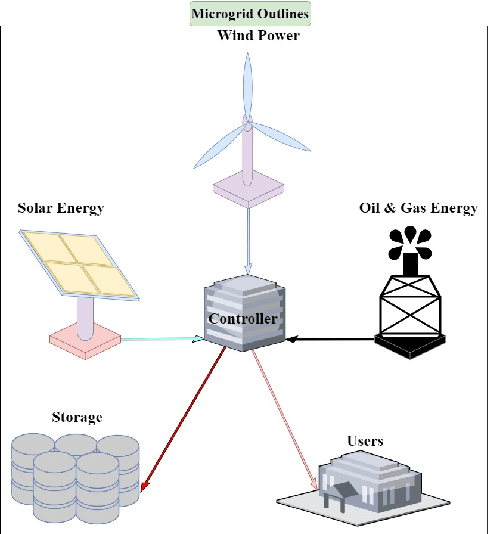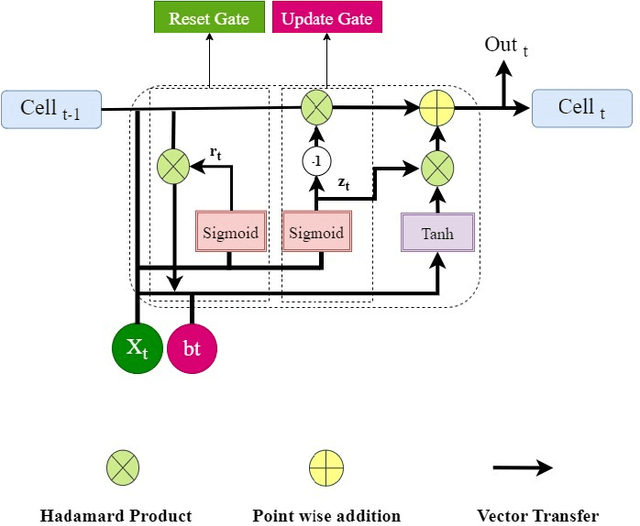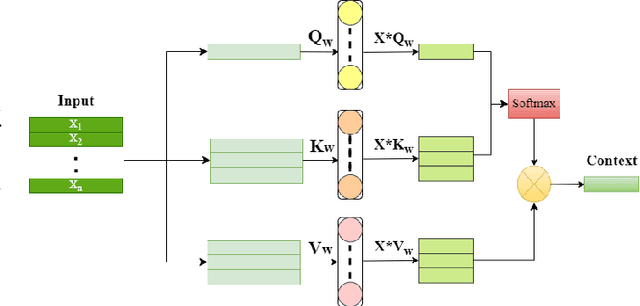Naga Babu Koganti
Enhancing Microgrid Performance Prediction with Attention-based Deep Learning Models
Jul 20, 2024



Abstract:In this research, an effort is made to address microgrid systems' operational challenges, characterized by power oscillations that eventually contribute to grid instability. An integrated strategy is proposed, leveraging the strengths of convolutional and Gated Recurrent Unit (GRU) layers. This approach is aimed at effectively extracting temporal data from energy datasets to improve the precision of microgrid behavior forecasts. Additionally, an attention layer is employed to underscore significant features within the time-series data, optimizing the forecasting process. The framework is anchored by a Multi-Layer Perceptron (MLP) model, which is tasked with comprehensive load forecasting and the identification of abnormal grid behaviors. Our methodology underwent rigorous evaluation using the Micro-grid Tariff Assessment Tool dataset, with Root Mean Square Error (RMSE), Mean Absolute Error (MAE), and the coefficient of determination (r2-score) serving as the primary metrics. The approach demonstrated exemplary performance, evidenced by a MAE of 0.39, RMSE of 0.28, and an r2-score of 98.89\% in load forecasting, along with near-perfect zero state prediction accuracy (approximately 99.9\%). Significantly outperforming conventional machine learning models such as support vector regression and random forest regression, our model's streamlined architecture is particularly suitable for real-time applications, thereby facilitating more effective and reliable microgrid management.
 Add to Chrome
Add to Chrome Add to Firefox
Add to Firefox Add to Edge
Add to Edge